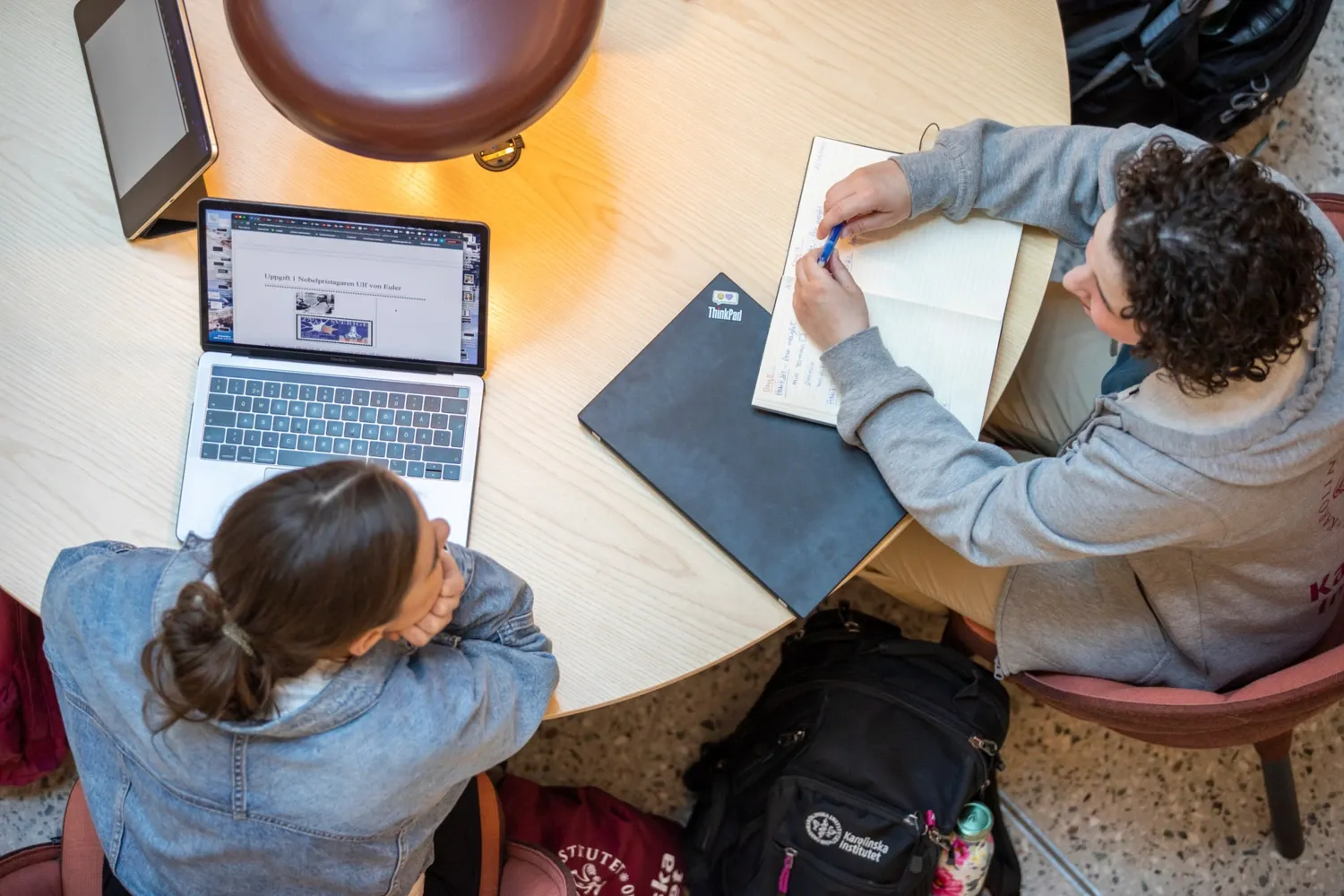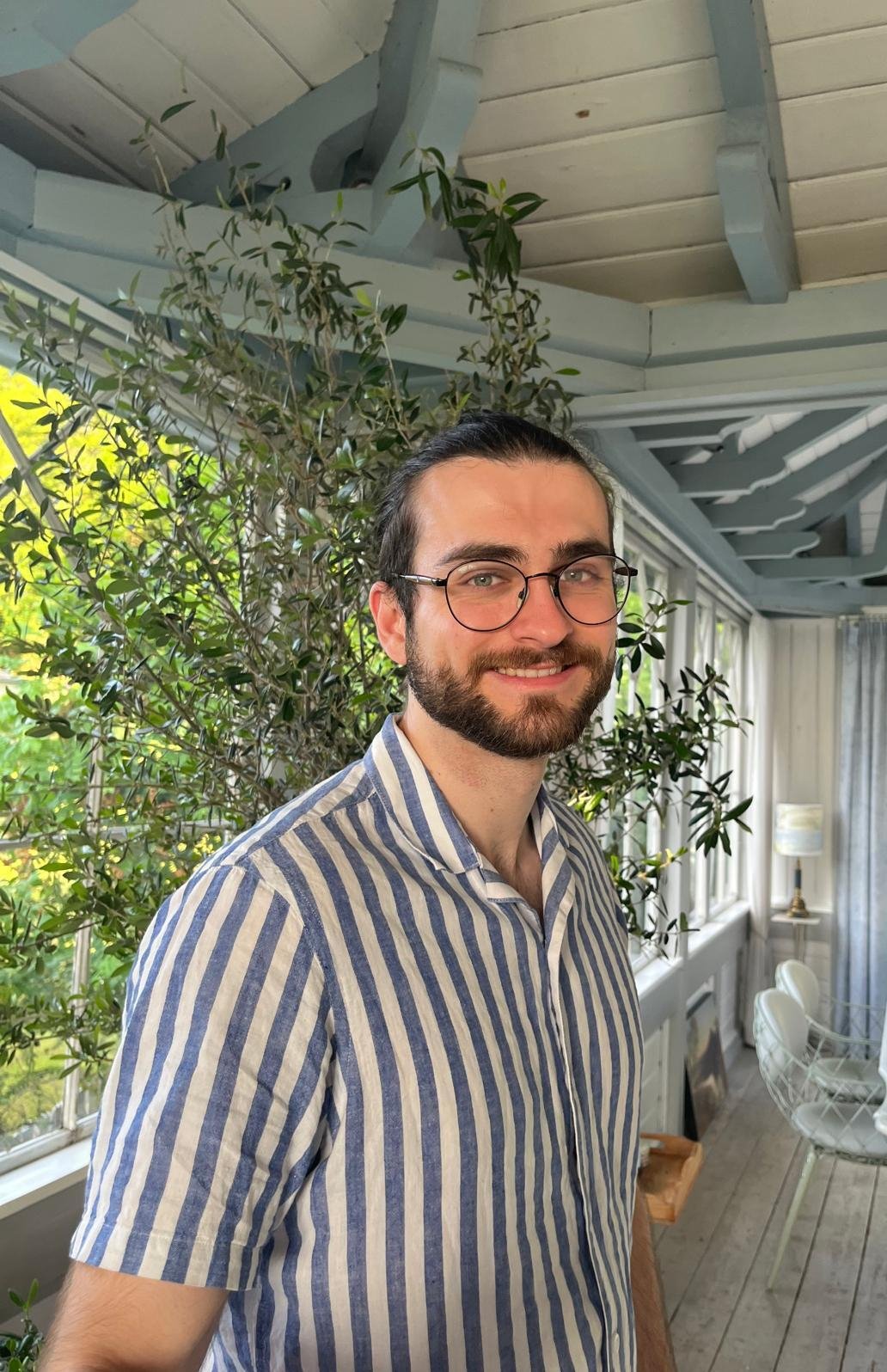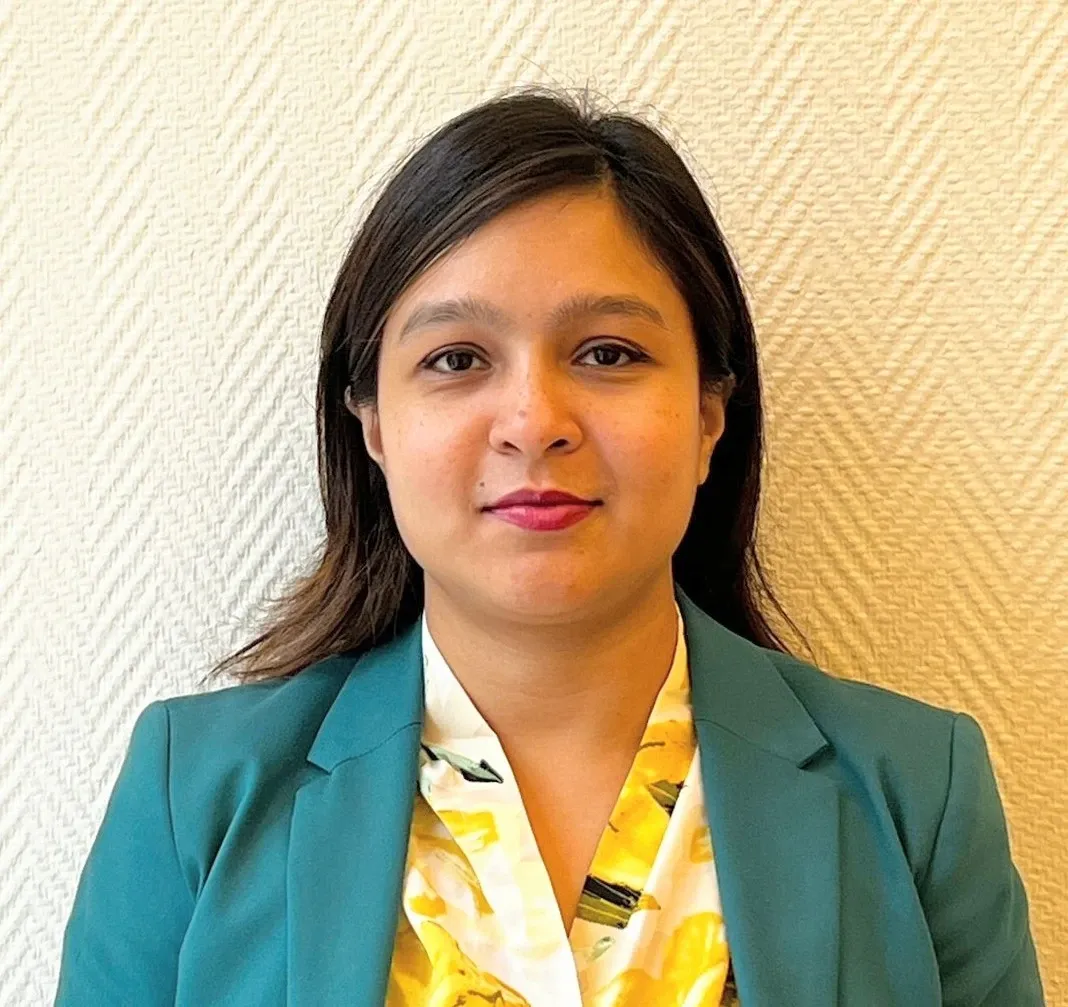About the programme
The Master's Programme in Toxicology is unique in its two-year education in the broad and interdisciplinary field of toxicology. It meets the apparent and increasing demand for toxicologists and risk assessors in society.
You will learn the principles of toxicology and how to apply them in practice in research, testing and risk/safety assessment for a wide range of chemicals, including pharmaceuticals, cosmetics, and environmental contaminants. We strive to teach you the latest developments in science, methodology and chemical regulations, such as Adverse Outcome Pathways, new non-animal methods and strategies for especially challenging areas such as endocrine disruptors, nanomaterials, and chemical mixtures. You will also learn how toxicology research and work can contribute to sustainable development.
The programme fulfils all the course requirements for the European Register of Toxicologists (ERT).
Teamwork and networking
As toxicologists typically work in teams, the programme emphasises group dynamics and development, and provides opportunities to build your own networks and prepare for your future career.
Connection to research, authorities and industry
You will benefit from the close connection to high-quality research and risk assessment work within the Institute of Environmental Medicine (IMM). The programme also collaborates with the pharmaceutical and chemical industries, national authorities, and researchers in other departments, both within and outside KI. The programme regularly visits the European Commission Joint Research Centre and, in particular, its Reference Laboratory for Alternative to Animal Testing (EURL-ECVAM).
Programme summary
The first semester focuses on the mechanisms and effects of interactions of cells and organs with chemicals and drugs, while the second semester highlights methods and concepts for studying toxic effects and assessing health risks. The third semester places everything in the context of policy, ethics, and society, with a clear integration of a global sustainability perspective. In addition, you will learn the latest aspects of “next-generation toxicology”.
Finally, the master's thesis project is based on your interest. It can be a laboratory-based project with direct or indirect relevance to toxicology, or a literature- or computer-based project in an area related to risk assessment. You can conduct your project at KI, at other universities, authorities, or companies in Sweden or abroad.










